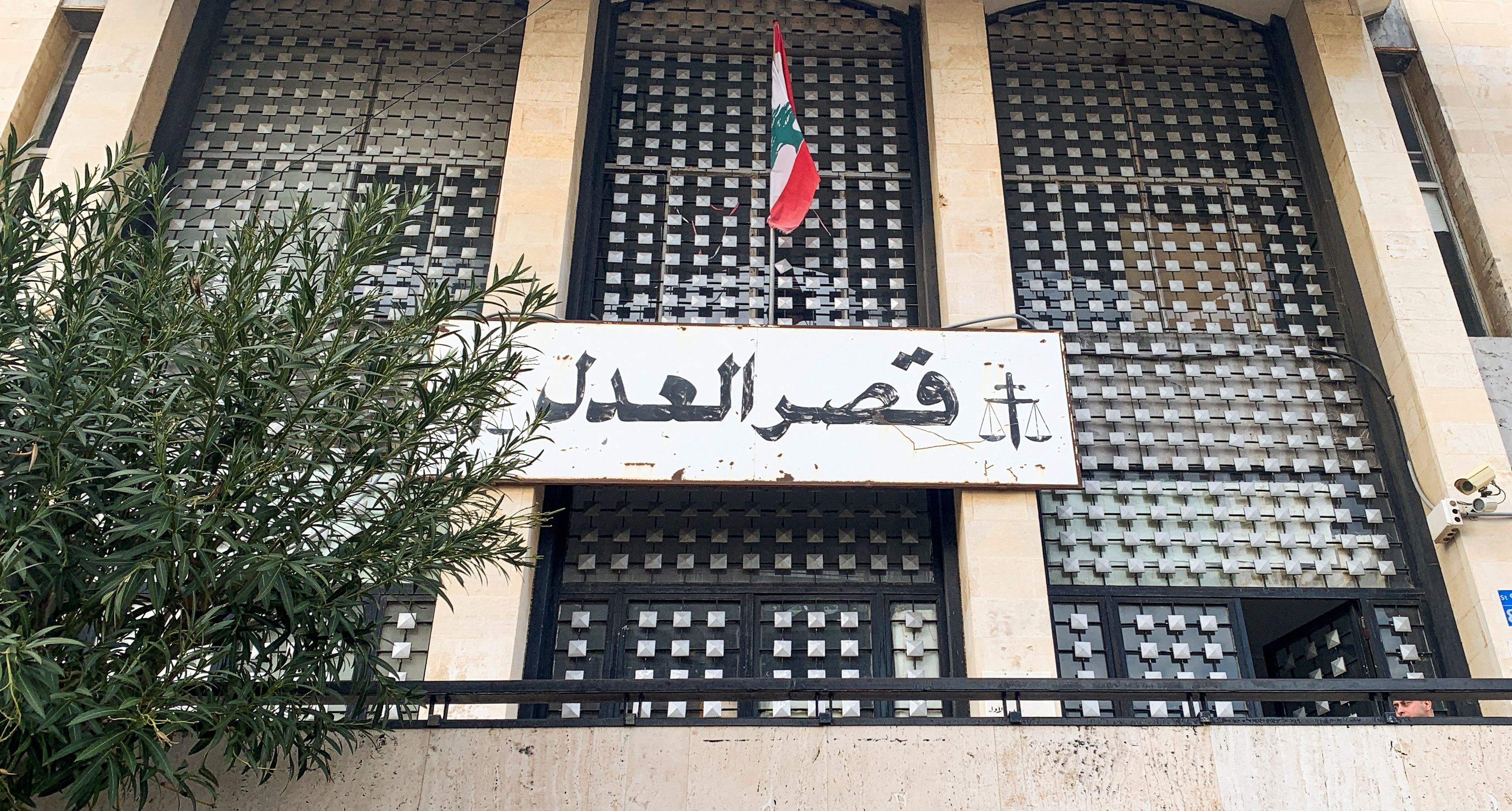AL-MUKALLA: The Iran-backed Houthis have dashed hopes of ending the war in Yemen by rejecting the latest Gulf Cooperation Council offer to broker comprehensive peace talks in Riyadh between the warring factions.
Yemeni government officials told Arab News on Tuesday that the GCC had offered to sponsor the talks in the Saudi capital to achieve a peace deal.
Hundreds of Yemeni politicians, activists, civil society leaders, and even outspoken politicians will be invited to the conference, which will begin on March 29 and end on April 7.
But Houthi media quoted an anonymous official as saying the movement rejected holding peace talks in Riyadh and demanded that the Coalition to Restore Legitimacy in Yemen eased alleged restrictions on Sanaa airport and Hodeidah seaport.
Aid workers and officials have warned that the humanitarian crisis in Yemen is intensifying.
Yemeni officials said they predicted the Houthis would turn down the offer, citing the movement’s track record of derailing peace efforts.
“The Houthi militia’s refusal is expected,” Abdul Baset Al-Qaedi, undersecretary at Yemen’s Information Ministry, told Arab News. “These militias would have surprised the Yemenis if they agreed, but this militia constantly proves that it is malignant cancer that must be eradicated in order for Yemen to be stable.”
The government had positively responded to the GCC’s offer and pledged to support any peace initiative, including the current UN-brokered peace efforts.
Al-Qaedi said that Houthi leaders who had racked up millions of dollars during the war would resist calls for achieving peace in Yemen.
“The Houthi militia cling to the option of war because they benefit from it by accumulating wealth, looting Yemeni property and usurping power in areas under their control.”
Abdulmalik Al-Mekhlafi, Yemen’s former deputy prime minister and an adviser to the country’s president, called for collective and strong pressure by the international community on the Houthis to force them to accept peace plans and proposed putting into place a humanitarian truce during Ramadan.
“Ramadan is the month of mercy and peace for the Yemenis, and it is the month of death and killing, according to the Houthis. The Houthis are the enemy of the Yemenis and the enemy of peace and humanity,” Al-Mekhlafi tweeted.
The Houthi rejection came as local aid workers sent a fresh and desperate plea to international donors to step up their humanitarian assistance to war-torn Yemen, expressing concerns that the country’s crisis had been put on the backburner since the beginning of the war in Ukraine.
There is fear that the growing humanitarian crisis in Ukraine might absorb funds from international donors allocated for Yemen.
Jamal Balfakih, the general coordinator of the Yemeni government’s High Relief Committee, said the protracted war had had a destructive impact on people, mainly the thousands of internally displaced, amid a falling currency and a crumbling economy.
“Yemen is experiencing a real tragedy through the war and its impact on the economy and currency,” Balfakih said, calling for a fair and transparent distribution of the latest funds from international donors.
He suggested supporting the fishery and agriculture sectors to help the country secure its food.
“People will not benefit from this relief if it is not organized and if their real needs are not taken into account,” he said.
Other Yemeni relief workers, such as Saeed Munef who deals with several thousand people who fled their homes in Marib province’s southern districts, said that international aid organizations had already reduced food baskets and cash to displaced people.
Munef said that less than 30 percent of displaced people from Maheia, Al-Abedia, and Juba districts had received humanitarian assistance from international organizations.
“The world has quickly and extensively sent aid to Ukraine during the war that started 17 days ago and turned its back to Yemen’s eight-year-old crisis,” Munef told Arab News. “We are in need of help to address malnutrition, landmines, and large displacement.”




